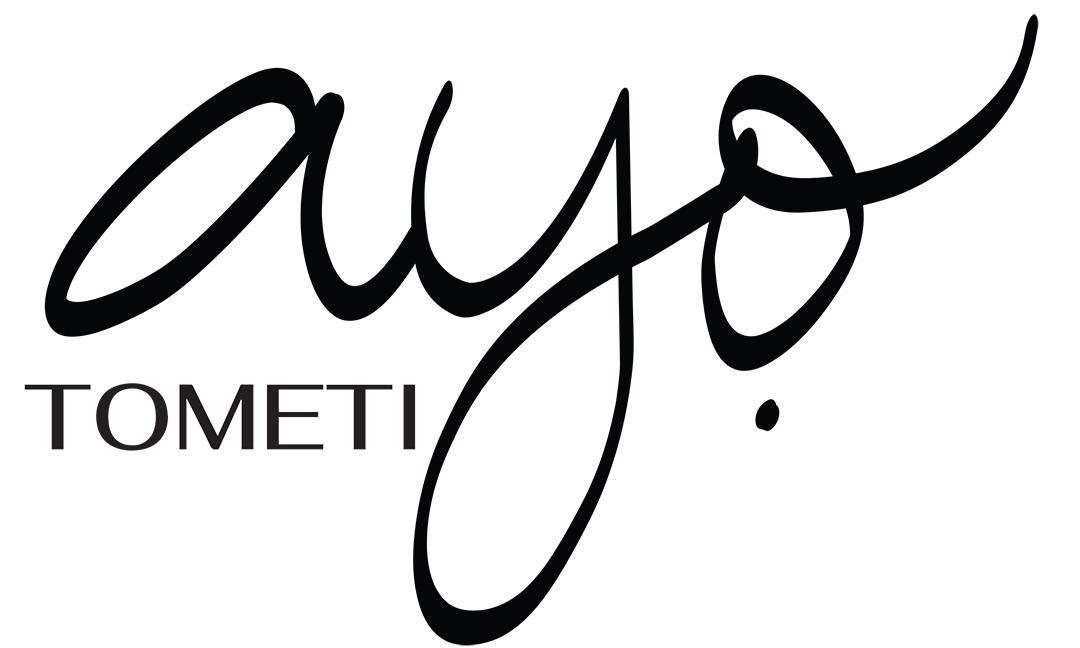Top 50: Alicia Garza, Patrisse Cullors, Ayọ Tometi
Activists
The three-word civil rights movement.
09/12/2015
Over the past year, thehashtag #BlackLivesMatter has turned into a rallying cry for racial justice, riding a wave of online buzz and public protest in the aftermath of demonstrations in Ferguson, Missouri, right into the everyday American lexicon. It might even be changing the way Americans think about race: Sixty percent now say there is more work to be done to give white and black people equal rights, up from 46 percent last year.
How did three words launch a modern-day civil rights movement? The phrase was coined in 2013, in response to the acquittal of George Zimmerman in the death of the black 17-year-old Trayvon Martin. San Francisco-based Alicia Garza, an organizer with the National Domestic Workers’ Alliance, took to social media after the news broke to write a love letter to black people on her Facebook page—a simple plea to come together in recognition that “black lives matter.” Her friend Patrisse Cullors, head of an advocacy organization for incarcerated people, repeated the line on her own social media accounts, this time adding a hashtag. Soon enough, the pair, along with their tech-savvy friend Opal Tometi, director of the Black Alliance for Just Immigration, had lit up the Web with a plea to acknowledge—and fix—the disproportionate apprehension, imprisonment and killing of black Americans by the police.
While it started out as a way to mobilize demonstrations from New York to St. Louis in response to police violence against African-Americans, Black Lives Matter today has 26 chapters in the United States, Britain and Ghana, and represents a broad agenda of economic equality and criminal justice reform. The group connects activists and organizes protests—more than 900 to date—in a single network that has advanced one of the most vocal and visible news stories of the year: the intersection of police abuse and racial injustice.

Social media movements are prone to skepticism, but it’s hard to imagine recent progress on criminal justice—from the White House task force on policing to the Justice Department’s body camera initiative—happening without public pressure amplified by Black Lives Matter. In April, when a bystander captured footage of a cop shooting a fleeing black man in North Charleston, South Carolina, he turned to a Black Lives Matter member to help share the video. The officer was arrested and indicted for murder.
Now, these three words are a sticking point in the 2016 presidential race. Ever since Democratic candidate Martin O’Malley declared that “all lives matter,” protesters identifying with the Black Lives Matter movement have stormed campaign events (or tried to) for O’Malley,Jeb Bush, Hillary Clinton and Bernie Sanders to demand that the candidates acknowledge, and confront, institutional racism. (O’Malley later apologized.) Clinton, for one, says she is embracing the movement. “We need to acknowledge some hard truths about race and justice,” she wrote on her Facebook page this summer. “Black lives matter.”
